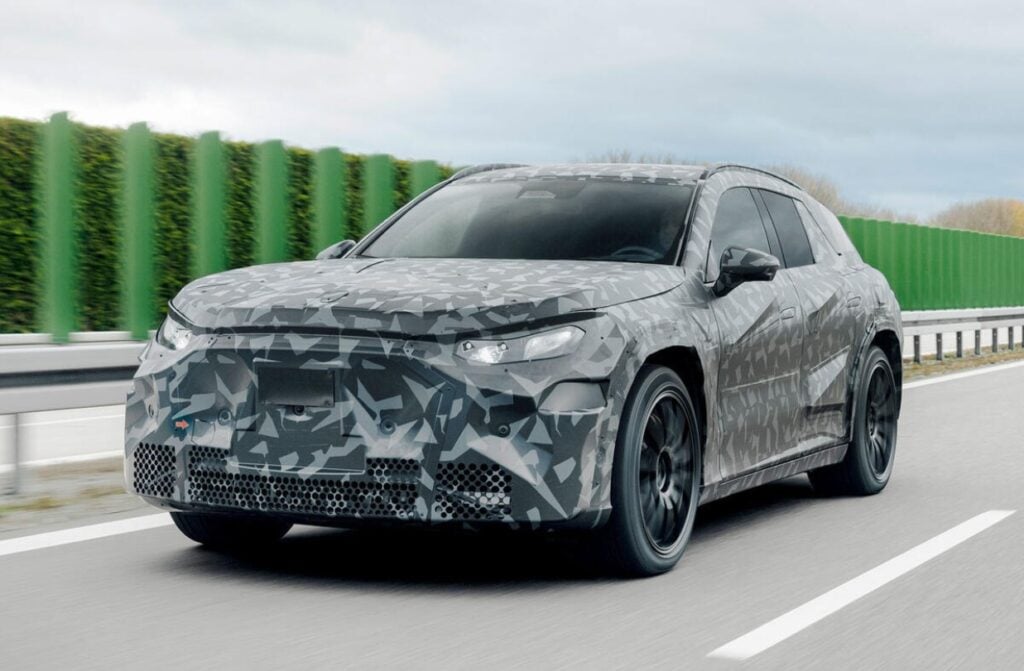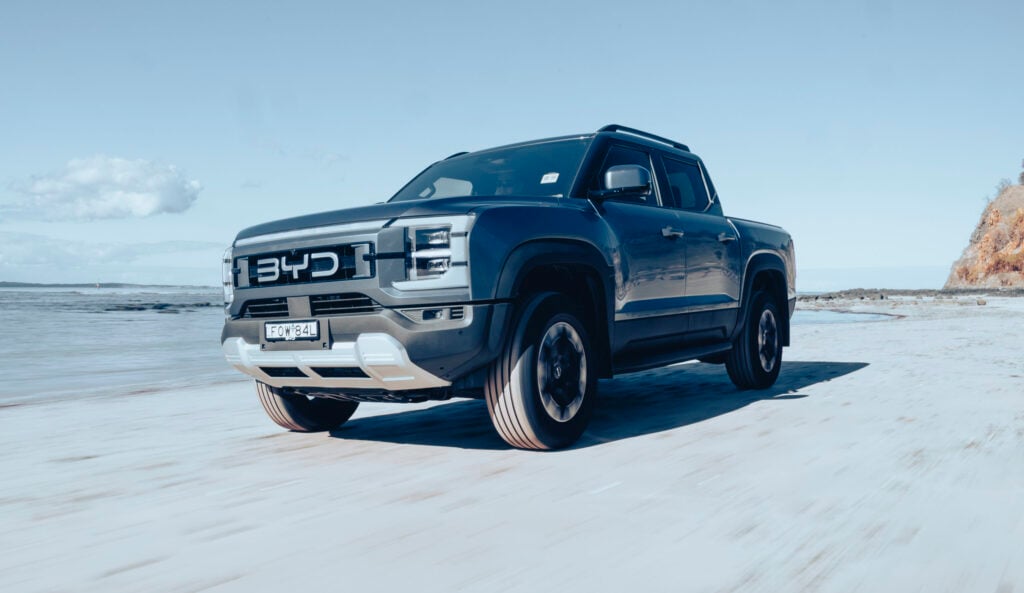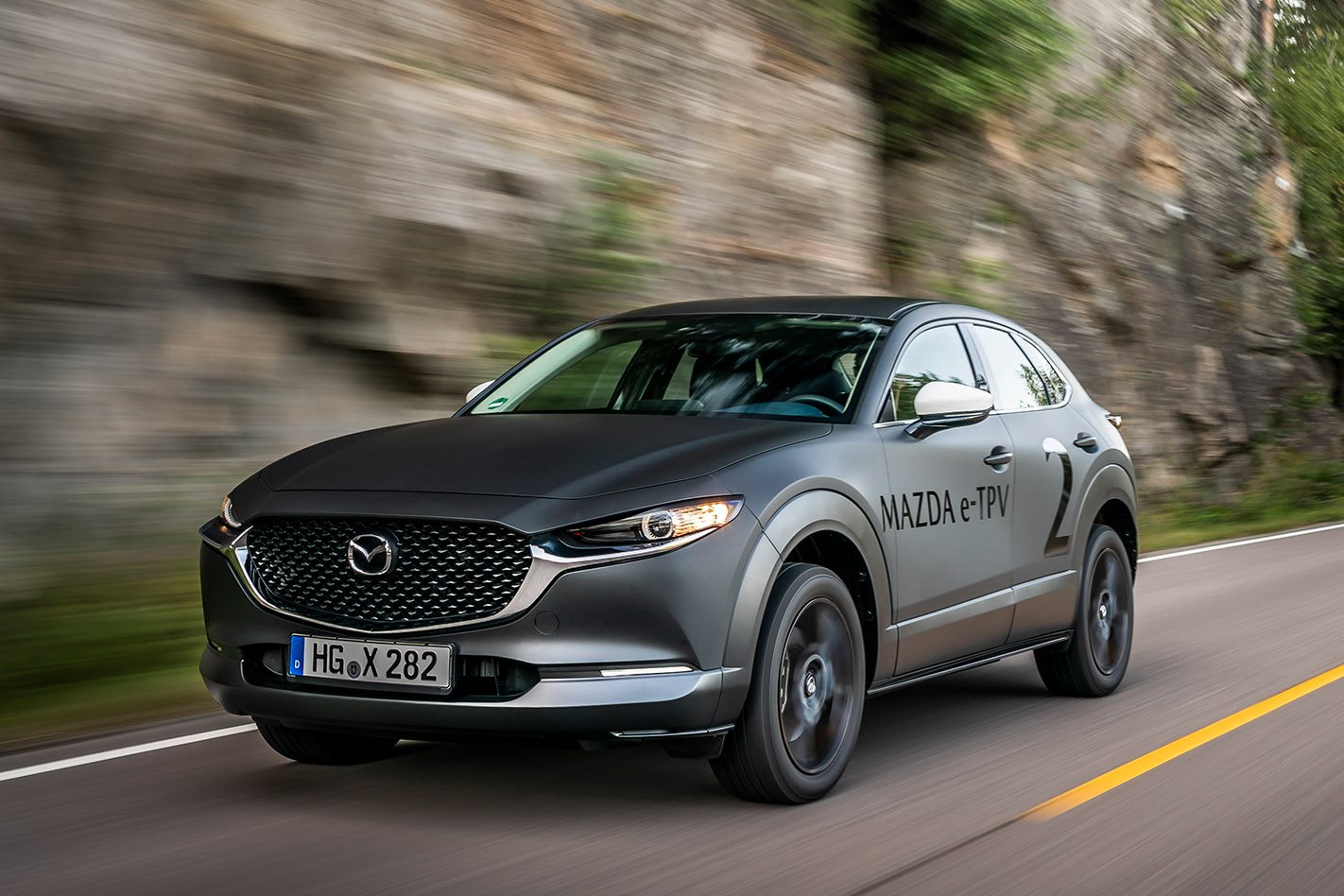
Snapshot
- EV Council CEO slams Mazda EU boss’ critique on mandating battery EVs as misleading and u2018confusingu2019
- EU policymakers have not prohibited any technology for 2035 combustion engine ban
- Mazda argues it inhibits u2018innovationu2019 and u2018creativityu2019, suggests hydrogen and eFuel potential
UPDATE: EV Council responds to Mazda CEO’s claims
The Electric Vehicle Council’s (EVC) CEO Behyad Jafari has labelled Mazda Europe CEO Martijn ten Brink’s criticisms as ‘confusing’ and ‘coy’.
Last week, Brink suggested European regulators are discouraging carmakers from investing in alternative zero-emissions powertrains other than battery-electric vehicles.
“I’m quite confused by the complaint, because the EU [European Union] has done what the automotive sector always asked for, which is to set the targets and let the companies come up with the technology to help meet it,” Jafari told Wheels.
“It hasn’t mandated any technology to achieve 100 per cent emissions reduction by 2035.
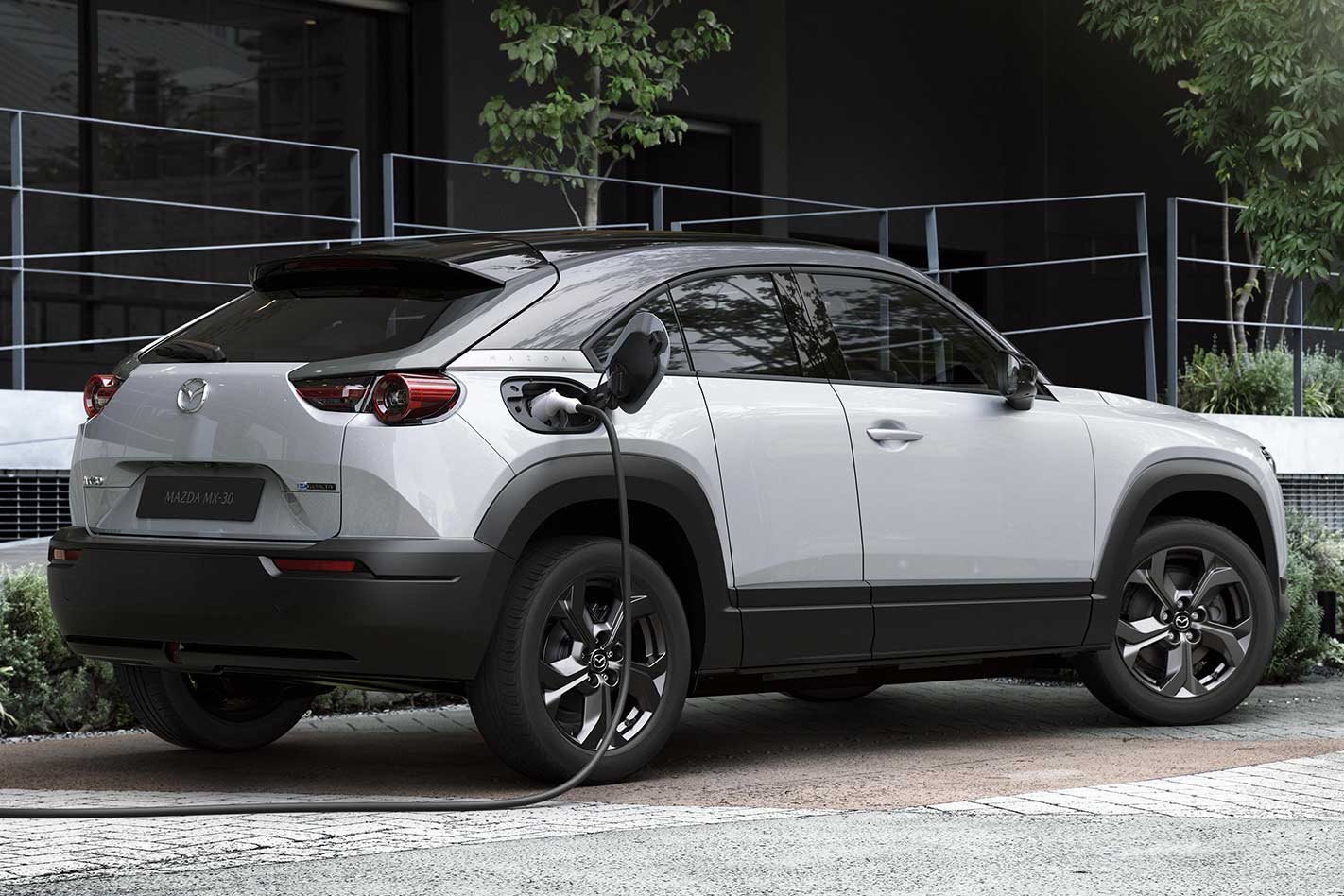
“In fact, there’s even a provision where it’ll investigate permitting internal combustion engine vehicles, as long as those vehicles are using 100 per cent synthetic fuels or renewable fuels by 2035 as well.”
The European Union will ban the sale of new internal combustion engine (ICE) petrol and diesel cars from 2035 in favour of any zero-emission electric vehicle (ZEV), including battery-electric and hydrogen powertrains.
Locally, the Australian Capital Territory will adopt a similar mandate come 2035.
Jafari alleges Brink’s comments foreshadow another message to policymakers instead.
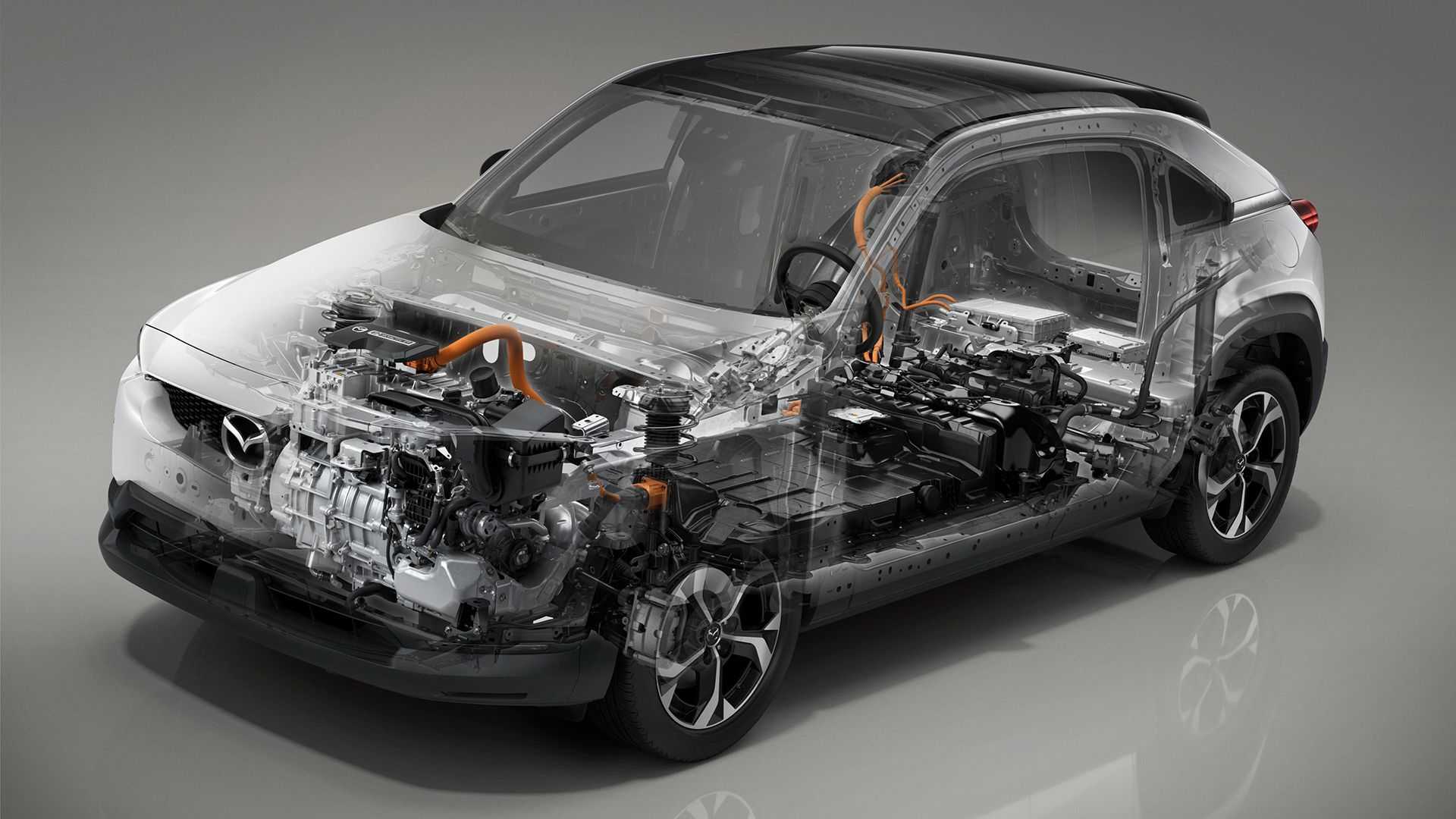
“[I suspect] what he’s really being coy about asking for here is: delay your targets, be slower, give us more time. He wants Europe to have weaker emissions reductions targets and, in a nervousness to outright say that, he’s criticising battery-electric vehicles.
“Unfortunately, this is something that policymakers around the world are very used to and have gotten tired of hearing, which is future technology development being used as a delaying mechanism [for emissions reduction targets]
“I suspect he’s pointing to the Japanese market because OEMs [original equipment manufacturers] there have lobbied to have weaker standards and not have the market be 100 per cent zero-emissions by 2035.”
However, Jafari welcomed the introduction of alternative zero tailpipe-emission powertrains, which are being developed by major car brands such as Toyota, Honda, Hyundai, Renault and BMW.
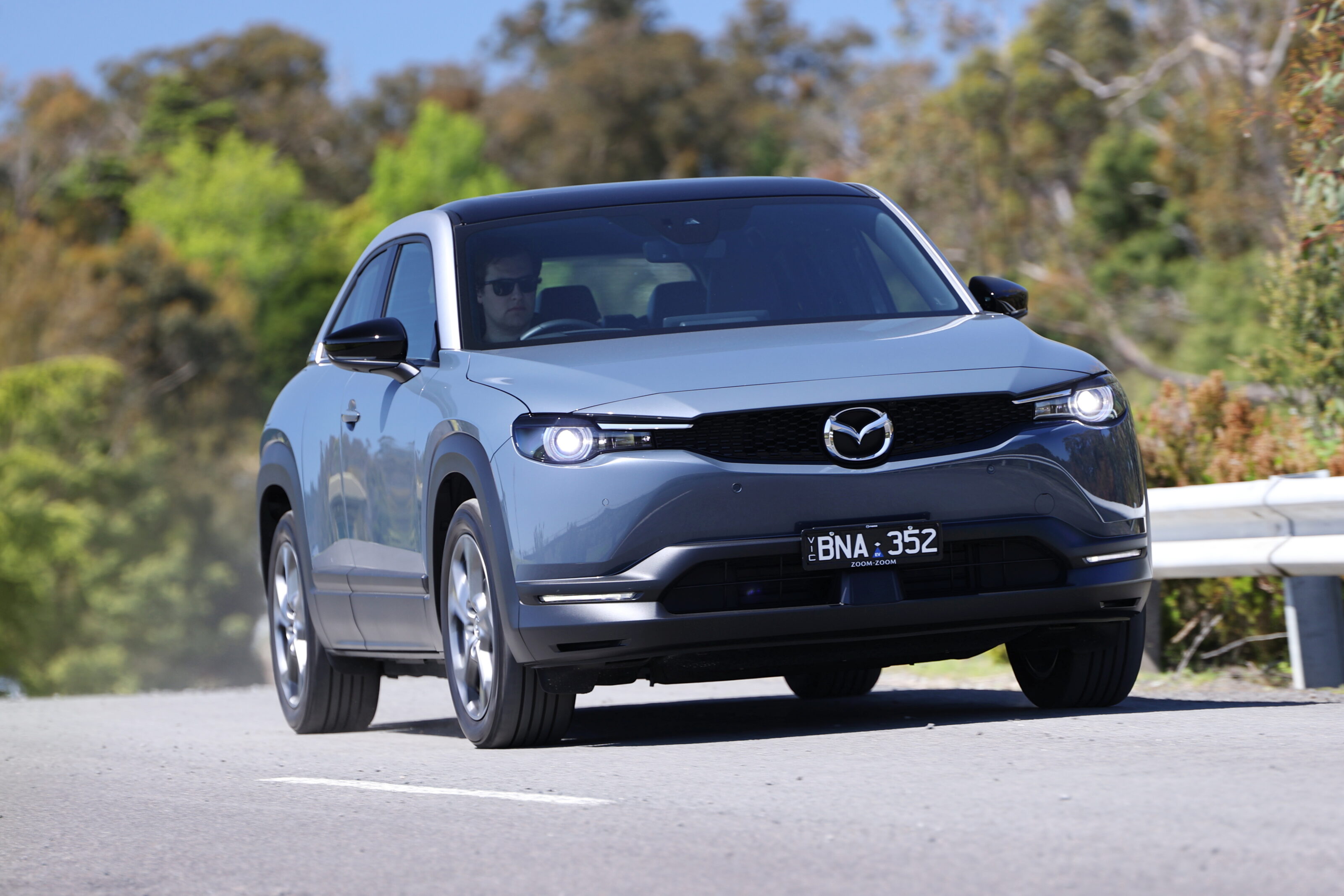
“Now, the trend very clearly shows that it looks like the automotive market will be run on battery-electric vehicles or at least overwhelmingly so. And so they [carmakers] also need to be investing further as well and provide those products.
“If there’s another technology that can help them achieve those big targets that are being set, excellent. Invest in all of them. I think that’s a great outcome for there to be a lot of different solutions available.
“What isn’t a reasonable outcome is to ask policymakers around the world to stop what they’re doing, slow down and to provide less benefits to their citizens because it’s not in your best interests.”
Strict Euro 7 emissions regulations are set to be introduced even sooner from mid-2025 for passenger cars, which pushes for the end of pure petrol- and diesel-only cars.
2 February 2023 – Mazda’s European CEO Martijn ten Brink has denounced politicians for forcing carmakers to only sell battery-electric vehicles (BEVs) and ignore other potential zero-emission motoring powertrains.
Snapshot
- Mazda EU CEO criticises politicians for mandating battery EVs
- Argues it inhibits u2018innovationu2019 and u2018creativityu2019
- Suggests potential for hydrogen and eFuels
“I personally find it extremely difficult to get my head around,” Brink told Top Gear in response to the impending 2035 ban of new petrol and diesel car sales in the EU and UK.
“Not because I don’t like electric vehicles, but what I find a shame is that we have made a choice for technology, and usually the most innovation comes when you set a goal but you don’t tell engineers and developers how to get there.
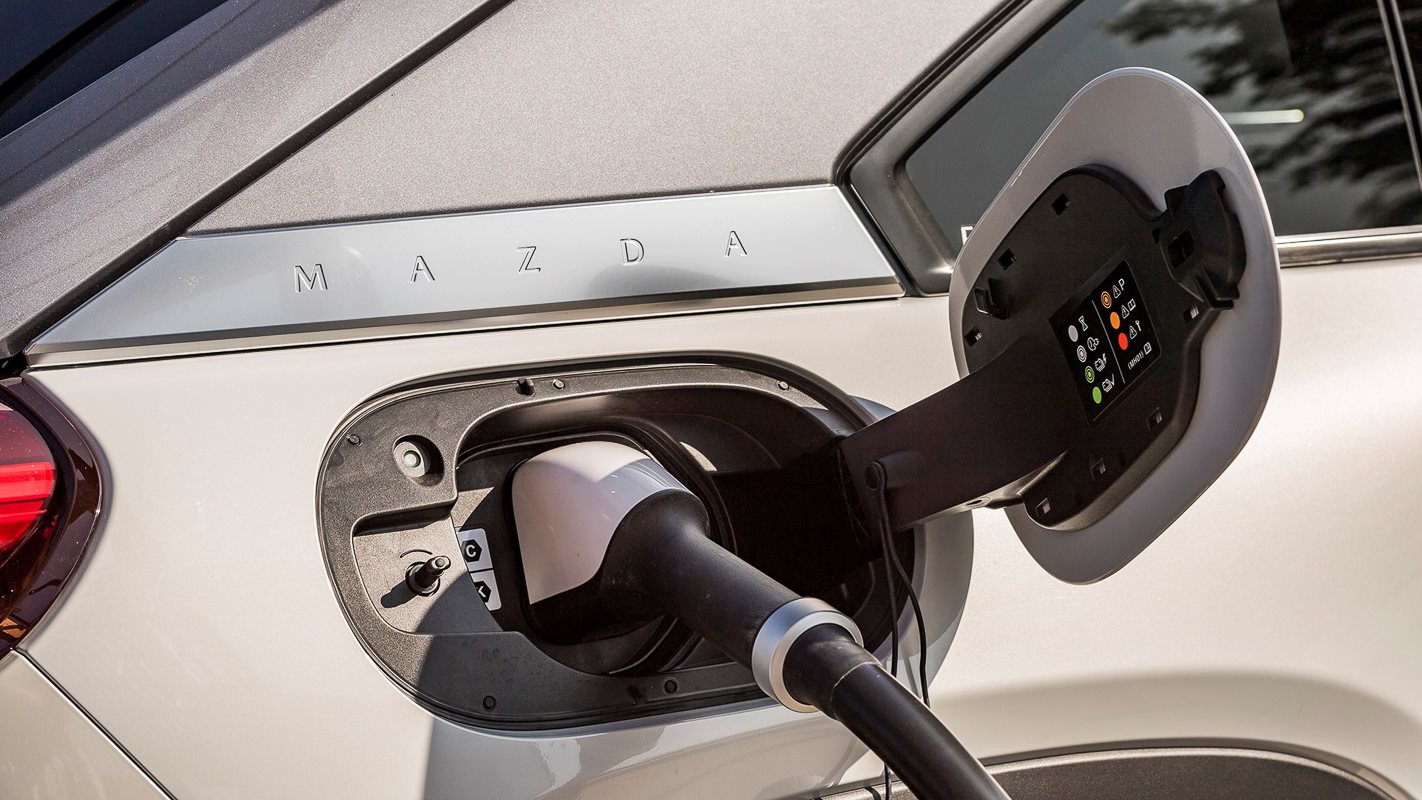
“I have a problem with the fact that they’ve [the politicians] decided how to get there. And that is only electric. You’re really going to just discard everything else? Even the stuff that you don’t know exists yet?,” he said.
“I think that is a disgrace of the politicians. That is not their job. Their job is to demand a zero-emission future, but how you get there should rely on entrepreneurship and creativity.”
The Mazda European boss – who has been working at the division for more than 21 years and is now facing looming strict Euro 7 emissions regulations – suggested mandates inhibit exploring hydrogen fuel-cell and synthetic eFuels as alternatives to BEVs.
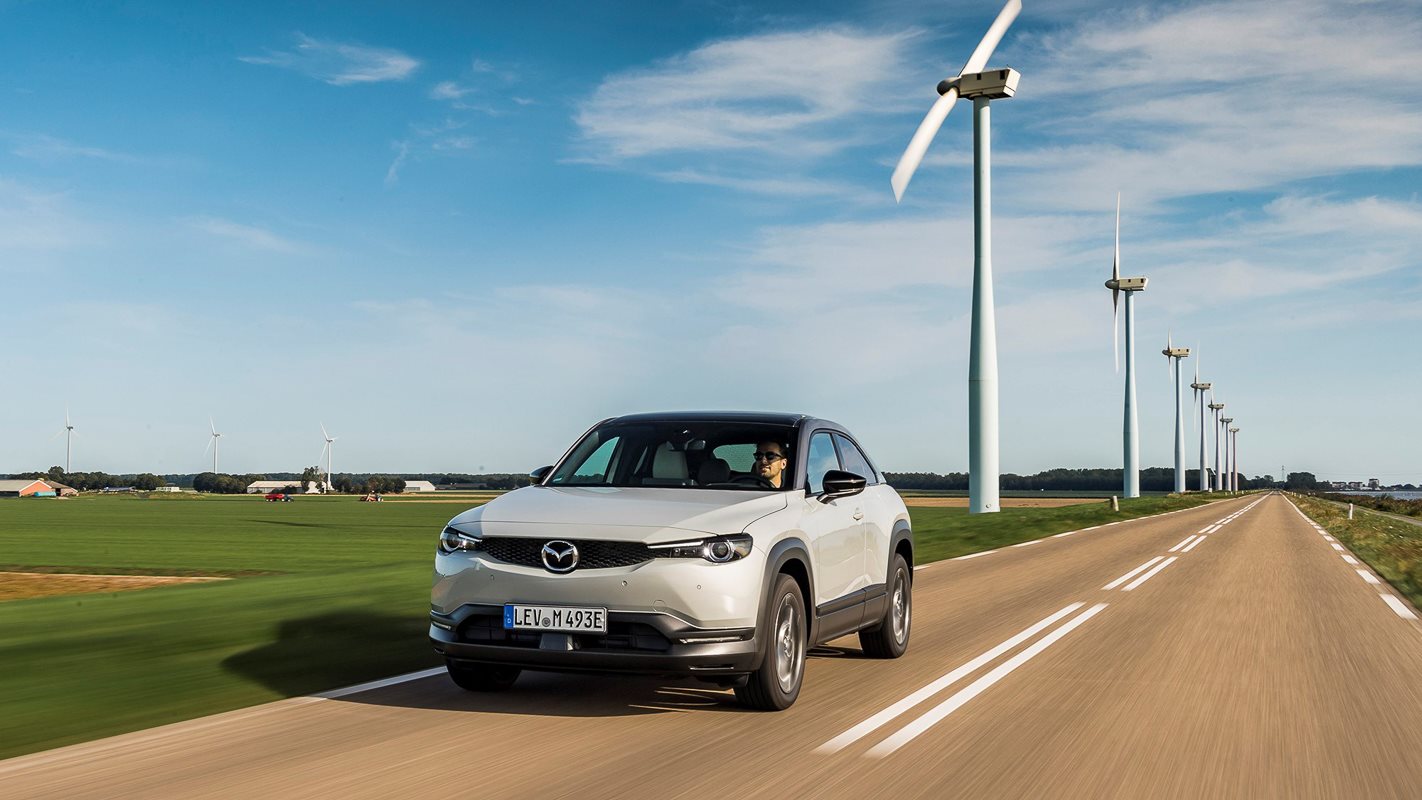
“Personal opinion.”
“The Japanese have also set carbon-neutral targets, but they include certain biofuels and green hydrogen, and they are willing to look at things which are new but might not be quite there yet.
“Here everybody stops investing in those areas because the legislation doesn’t allow it, and I think that’s a big mistake. I think selling only zero-emission vehicles by 2035 is fine, but that they have to be electric with batteries I think is a bit of a shame. Personal opinion.”
Brink’s sentiments echo Toyota’s former president (now chairman) Akio Toyoda, who stresses a multi-solution to eco-friendly powertrains that suits each market.

Mazda updated its EV strategy last year, aiming to achieve 25 to 40 per cent of global EV sales by 2030 as it ramps up launching pure-electric models from 2028.
The Japanese carmaker currently only sells the MX-30 Electric city crossover and is launching the all-new CX-60 SUV with a plug-in hybrid powertrain option later this year.
But, for now, it’s still sticking with traditional petrol and diesel engines with the CX-60 and larger CX-90 debuting turbocharged inline six-cylinder powertrains.
We recommend
-
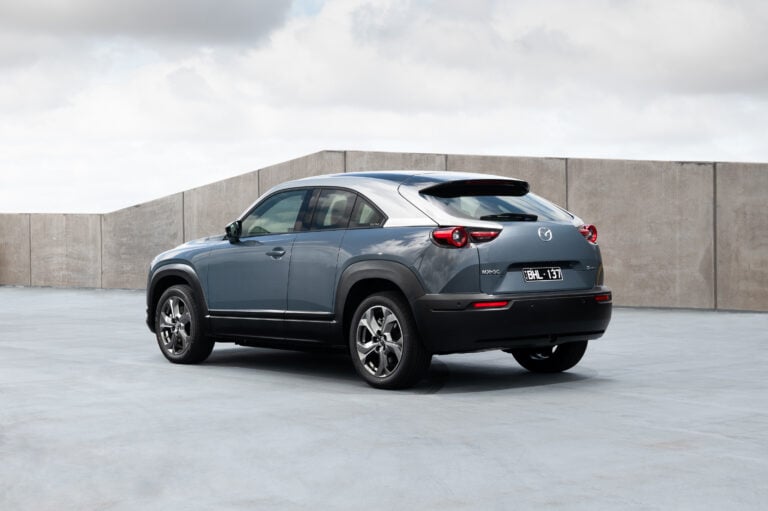 News
NewsMazda MX-30 electric SUV price and specs
High-spec MX-30 Astina isn’t cheap, but Mazda says it’s a ‘best foot forward’ approach
-
 News
NewsMazda says synthetic fuels complement electric vehicles
The manufacturer's European arm believes we could soon see bio fuels become as cheap as fossil fuels
-
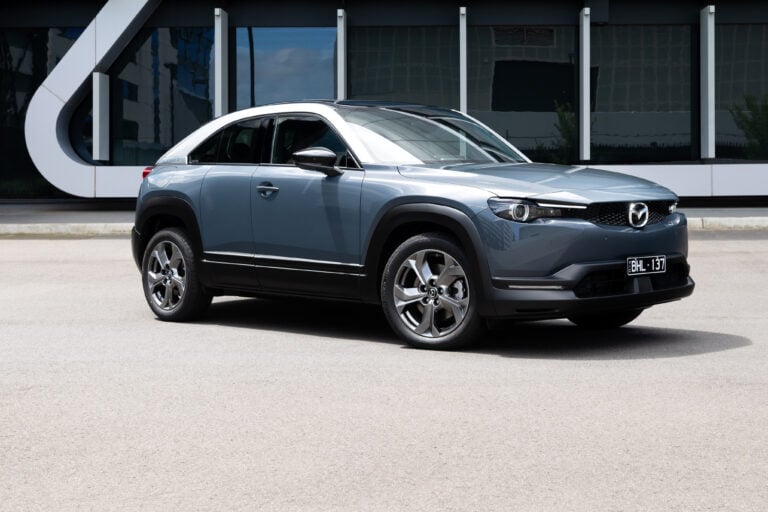 Reviews
ReviewsAustralian first drive: Mazda MX-30 E35 electric SUV
Mazda charges a premium to charge with its first pure-electric production model


